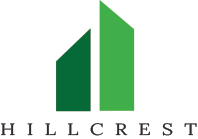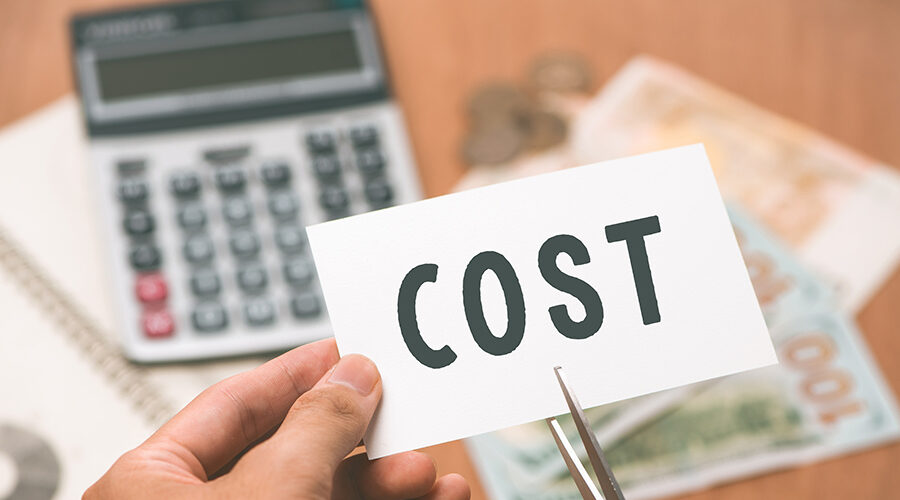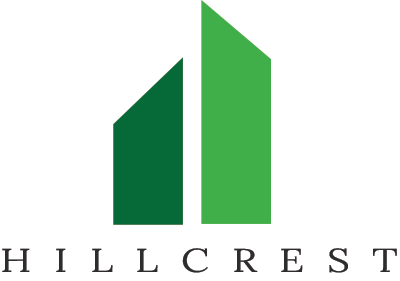HOA reserve funds are an important tool for the long-term financial stability of any association. While HOA managers can help maintain and budget the reserves, it is the primary responsibility of the HOA board to manage this fund.
What are HOA Reserve Funds?
A reserve fund is essentially a savings account that an HOA sets aside for future major expenses, such as repairs and replacements. This fund is not the same as an operating fund, which is used to cover day-to-day expenses. Whether or not an HOA is required to fund its reserves depends on two things: state laws and the HOA’s governing documents.
In Illinois, condo associations are legally required to fund reserves. According to 765 ILCS 605/9, which pertains to condominium associations, the board must adopt a budget that provides reasonable reserves for capital expenditures and deferred maintenance.
If a condo does not have such a requirement in its governing documents, it can waive it in part or in whole with a two-thirds vote of the membership.
According to 765 ILCS 160/1-45 of the Common Interest Community Act, the board must supply every owner with a copy of the proposed annual budget. This budget should include any reasonable reserves for capital expenditures and deferred maintenance.
Board members must also check their governing documents, specifically the CC&Rs, for any reserve requirements. Even if state laws are silent, the CC&Rs may stipulate that an HOA should maintain a reserve fund.
What Can HOA Reserve Funds be Used For?
An HOA’s reserves are mainly used to pay for large-scale projects as well as maintenance and repairs of major assets of the association. For example, if an HOA needs to renovate its clubhouse, it can use the reserves to cover the cost.
An HOA must usually start saving money for such expenditures ahead of time. This way, it can ensure it has sufficient funds in its reserves to pay for the project. Plus, contributing a little to the reserves each year is more manageable than asking owners to pay a lump sum.
Many governing documents specifically outline the types of expenses that can be covered by HOA reserve funding. In general, an HOA board may not use its reserves to cover operating costs.
Borrowing money from the reserve fund is also typically prohibited, but this can vary from one community to another.
Establishing a Separate HOA Reserve Account
An HOA must keep its reserve fund in a separate bank account from its operating fund. This helps ensure financial transparency and compliance with best practices.
Operating funds cover the cost of the association’s day-to-day operations. These expenses include utilities, maintenance, management fees, and insurance.
Conversely, HOA reserve funds cover the cost of capital improvements and major repairs or replacements. These include roof replacements, renovations, upgrades, and structural work.
It is important not to mix the reserve funds for homeowners associations with the operating funds. Keeping both in a single account can result in financial mismanagement. Board members will have a harder time tracking spending. Many governing documents also require reserve funds to have their own account.
HOA Reserves Rule of Thumb
The rule of thumb when it comes to reserves is to keep funding at 70 to 100 percent. That means that an HOA’s reserves should be at least 70 percent fully funded at any given time. This ensures that the association has sufficient funding to cover major expenses should they inevitably arise.
Of course, an HOA would ideally have its reserves 100 percent funded. This is not always possible because of budgetary constraints and economic factors. Many HOAs neglect to fund their reserves altogether, making it more difficult to reach the ideal funding level in a short time.
How Much Should an HOA Have in Reserves?
There is no universal dollar amount that would apply to all associations. The exact reserve amount an HOA should have in its account will depend on the individual association. Several factors can affect this, including the nature and extent of its amenities, future plans, and the current condition of its assets.
To know how much an HOA should have in its reserves, it is vital to conduct a reserve study. A reserve study is a financial analysis of a community’s reserve fund. It also includes a forecast of major repairs, replacements, and projects — complete with estimated costs and lifespans.
The goal of a reserve study is to let an HOA know how much it must save to meet its future needs. If an HOA’s roof, for instance, will require replacement in 10 years, with a projected cost of $10,000, the HOA must set aside at least that amount when the replacement need arises.
In that case, if an HOA has 10 homeowners, each homeowner would need to contribute $100 per year for 10 years to fund the replacement.
This is, of course, the simplest scenario. Since reserve studies require an analysis of both the HOA’s financial and physical assets, board members must hire professionals to perform them.
Some states require HOAs to conduct a reserve study. An HOA’s governing documents may contain similar provisions. In Illinois, there is no statutory requirement to have a reserve study.
The Role of Chicago HOA Managers
HOA managers bring an extra layer of expertise to financial planning. These managers know the local market, understand the unique challenges of maintaining urban and suburban communities, and can navigate reserve fund management like pros.
Here are the ways HOA managers can help with reserves.
 1. Budgeting and Planning
1. Budgeting and Planning
Managers can forecast upcoming expenses and align them with the HOA’s reserve goals. They can also work with the board and a professional reserve analyst to develop the right plan for the association.
2. Preventing Misuse
Managers ensure HOA reserve funds are used strictly for their intended purpose. They can prevent the borrowing of reserves to cover operating shortfalls.
If an HOA wishes to invest its reserves, managers can also ensure compliance with the governing documents and work with professionals to prioritize liquidity and safety in investments.
 3. Compliance
3. Compliance
Managers stay current on local regulations, ensuring the HOA’s finances are compliant and transparent. Transparency is vital to any organization, HOAs included.
The Final Word
HOA reserve funds play an integral role in the future of any community. They protect associations from financial burdens and help ensure long-term success. Board members must familiarize themselves with the reserve requirements unique to their association.
Hillcrest offers financial management services to HOAs in Chicago. Call us today at 630-627-3303 or contact us online to request a proposal!
RELATED ARTICLES:
- HOA Accounting For Board Members
- Rising HOA Insurance Costs And The Impact On HOA Fees
- What’s The Right Way To Deal With HOA Delinquency?




